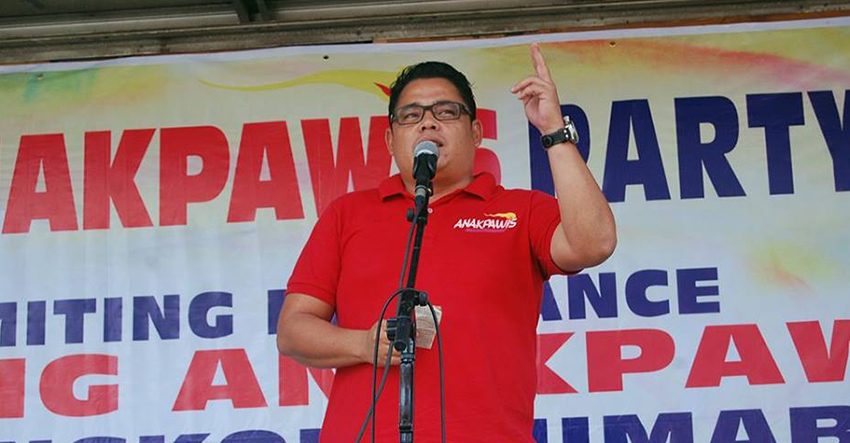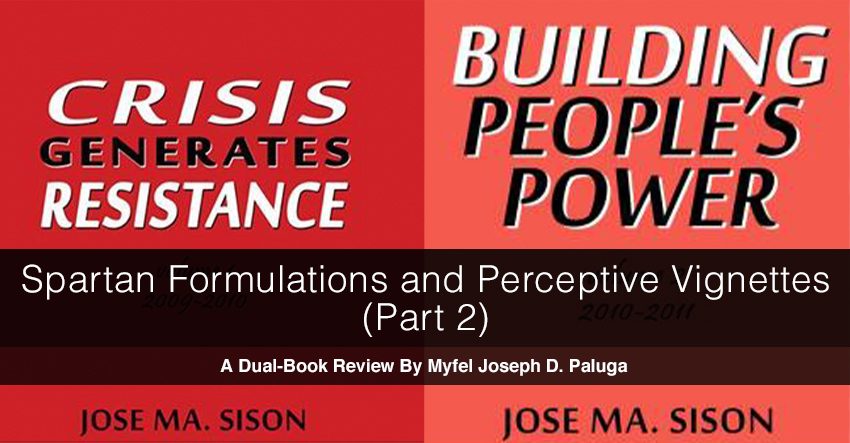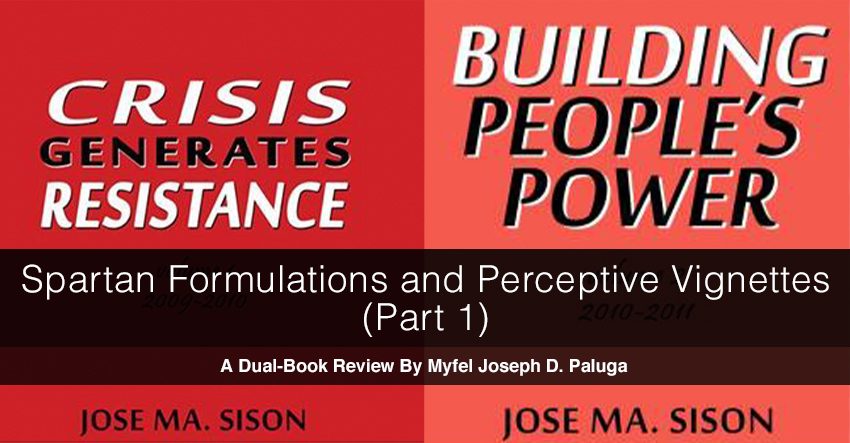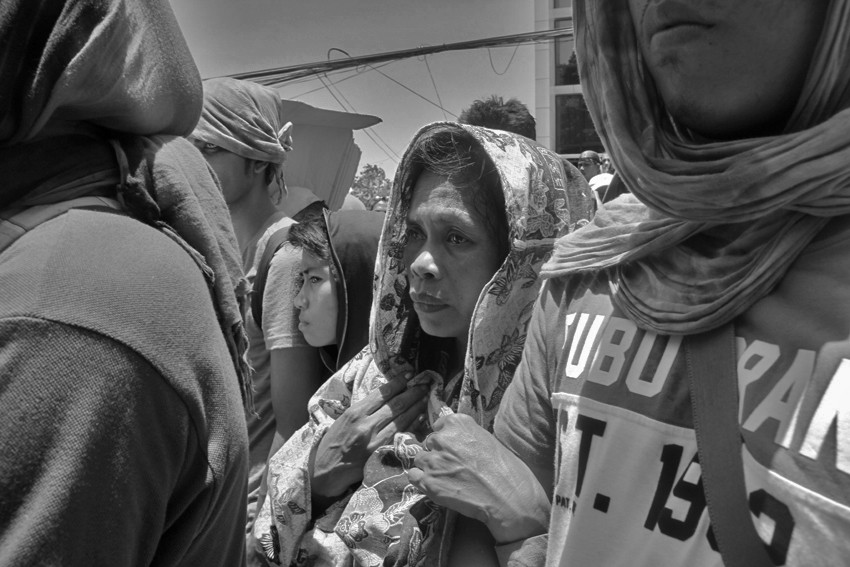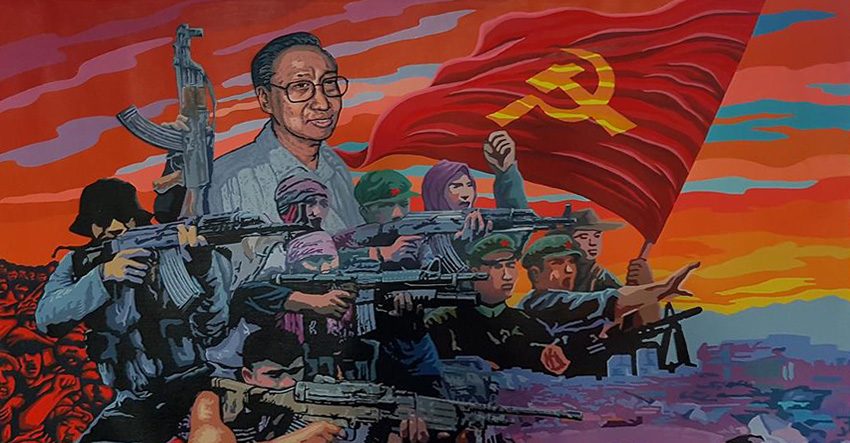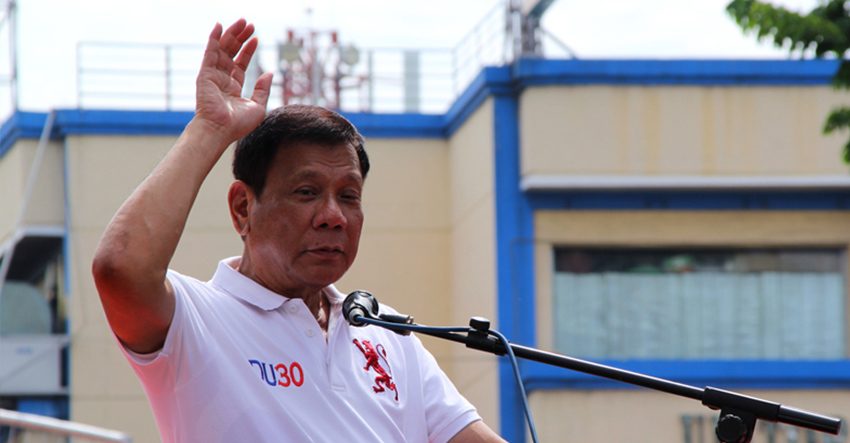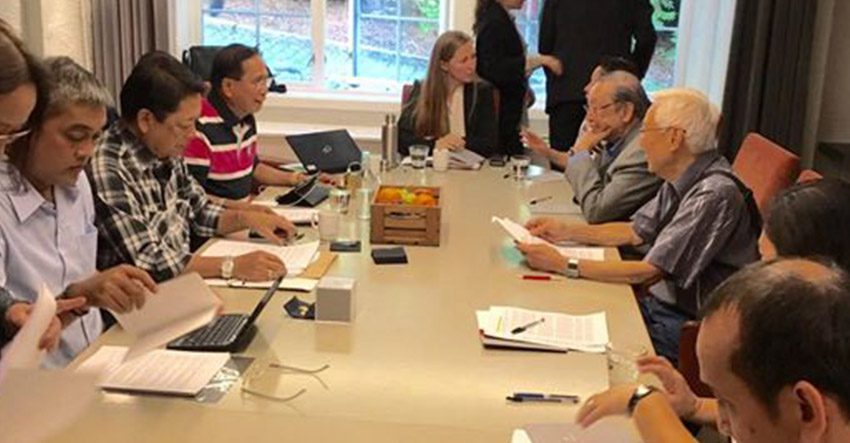Privilege speech delivered by Anakpawis Partylist Rep. Ariel Casilao at the House of Representatives on August 1, 2016
This new set of Sison’s collected writings from 2010 to 2011 (messages, interviews, political statements, remarks to study groups, and other forms) is a way of refracting that period so we see light and learn lessons from it.
For one with strong interest in the history of Philippine social movements, a quick browsing of this first two of a projected five volumes of Prof. Jose Maria Sison’s recent selected writings will directly give one an idea of its importance as a primary source in historiography.
If you are hungry, if you protest for food and you are met with violence, if your land is in drought and the government punishes you for it, what is there left for you to do?
As matters stand, the only thing that is really unmasked here is the remarkable ignorance of Dem Volke Dienen about concrete Philippine conditions and about the Philippine revolutionary movement, and its audacity in exhibiting its idealist, ahistorical and un-Marxist way of thinking.
Tomorrow is the start of the end as well as of a new beginning. After six years of a nightmarish ride marked by corruption, incompetence, subservience and insensitivity by an administration run by a cacique leadership, we as a people will wake up to a new dawn of promises and new sights and sounds.
Regardless of its outcome, by the mere fact of its being held, the preliminary or exploratory talks in Oslo between the incoming GPH peace negotiating panel and the NDFP panel last June 14-15 has already earned a distinction of its own in the long history of the GPH-NDFP peace negotiations.
Hundreds of Filipino children were barred from attending class when schools opened this week.
President-elect Rodrigo Duterte errs in declaring that most journalists are being killed for being corrupt and in implying that only corrupt journalists have been killed in the Philippines.
The newly elected mayor of Cebu City has an innovative approach to crime control in this central Philippine city: A 50,000 peso (US$1,080) bounty for each “criminal” killed by his police force.

